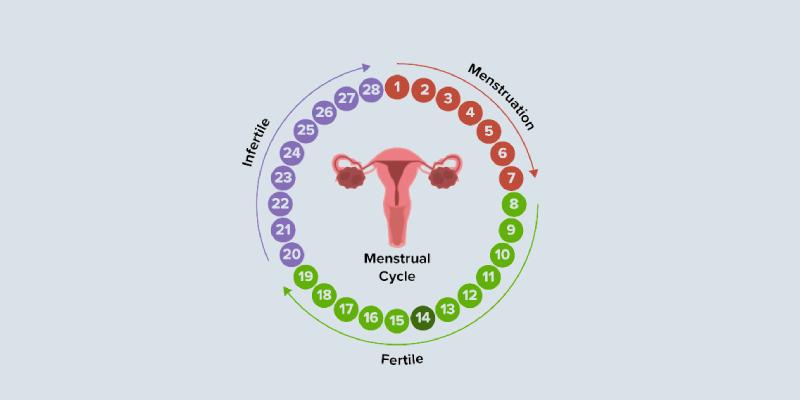Menstruation is a natural and essential process that occurs in the female body, marking the beginning of a reproductive age for women. Menstrual cycles differ from person to person, and what may be considered normal for one individual may not be the same for another. In this blog, we will explore what a normal menstrual cycle is and how it may vary for Indian women.
A menstrual cycle is a series of physiological changes that occur in the body over a period of around 28 days. The cycle starts on the first day of bleeding and ends when the next period begins. A normal menstrual cycle lasts between 21 to 35 days, with the average being 28 days. However, this can vary from person to person and can be affected by several factors such as age, hormonal imbalances, lifestyle, and underlying health conditions.
The menstrual cycle is divided into three phases: the follicular phase, ovulation, and the luteal phase. The follicular phase starts on the first day of bleeding and lasts for around 14 days. During this phase, the hormone estrogen increases, and the uterus lining thickens in preparation for potential pregnancy. Ovulation occurs when an egg is released from the ovary and travels down the fallopian tube, which typically occurs on the 14th day of the cycle. The luteal phase starts after ovulation and lasts for around 14 days. During this phase, the hormone progesterone increases, and the uterus lining continues to thicken in preparation for pregnancy.
A normal menstrual cycle typically lasts for three to seven days, with the average being five days. The amount of blood loss during menstruation varies from person to person but typically ranges from 30 to 80 ml. It is normal to experience cramps, bloating, and mood swings during this time, although the severity and duration of these symptoms may vary.
Indian women may experience different menstrual cycles based on factors such as age, genetics, lifestyle, and cultural practices. For instance, traditional Ayurvedic practices may advocate for different menstrual hygiene routines, and cultural practices may affect the extent to which menstrual health is discussed openly. Moreover, factors such as diet and exercise may impact menstrual health in Indian women, as some dietary practices may not provide adequate nutrition required to support a regular menstrual cycle.
It is essential for women to track their menstrual cycle and to consult a doctor if they experience irregularities or abnormal bleeding. Maintaining good menstrual hygiene practices is also important to prevent infections and other health problems.
In conclusion, a normal menstrual cycle for Indian women typically lasts between 21 to 35 days, with the average being 28 days. It is normal to experience cramps, bloating, and mood swings during this time, and menstrual hygiene practices should be maintained for good health. If you have concerns about your menstrual cycle, it is essential to consult a doctor for further evaluation and treatment.

